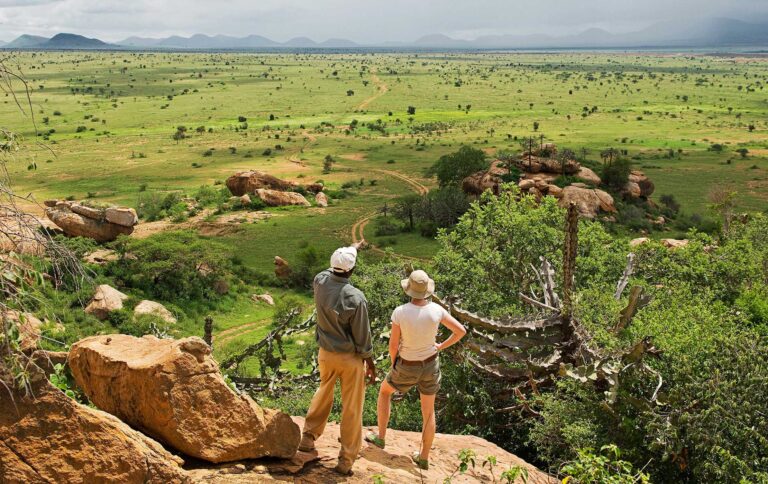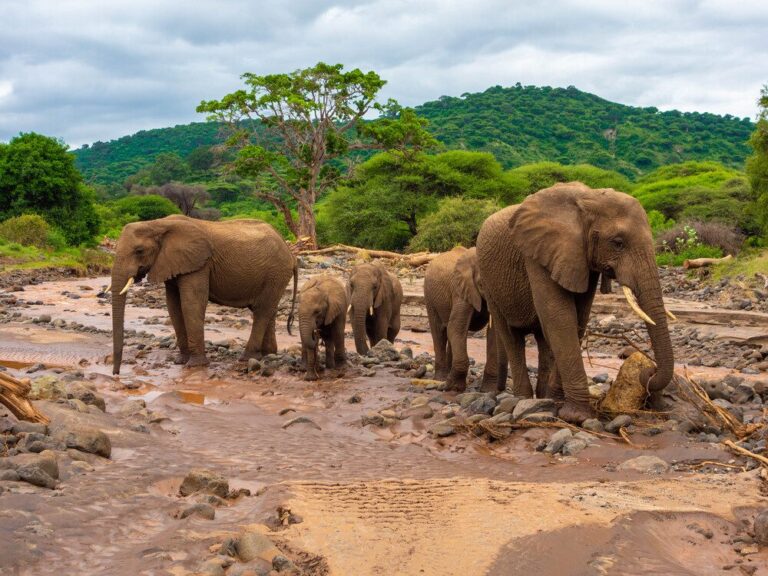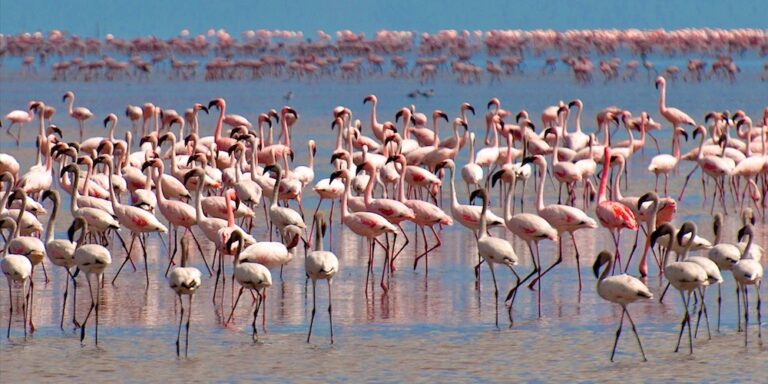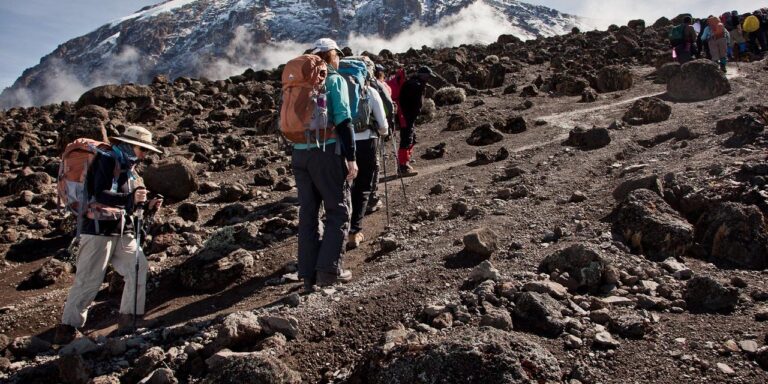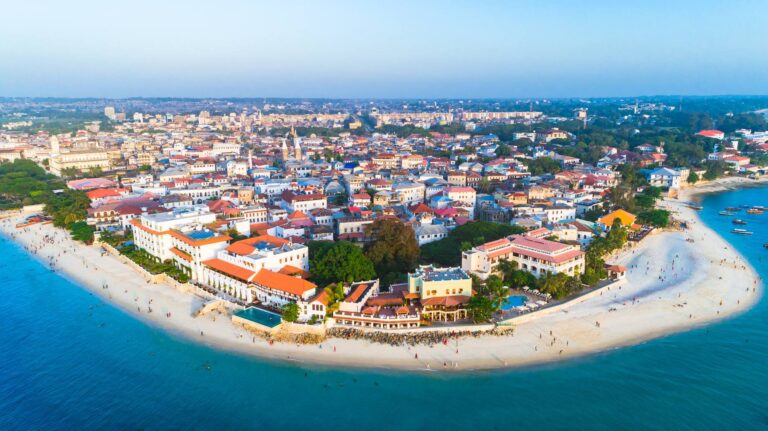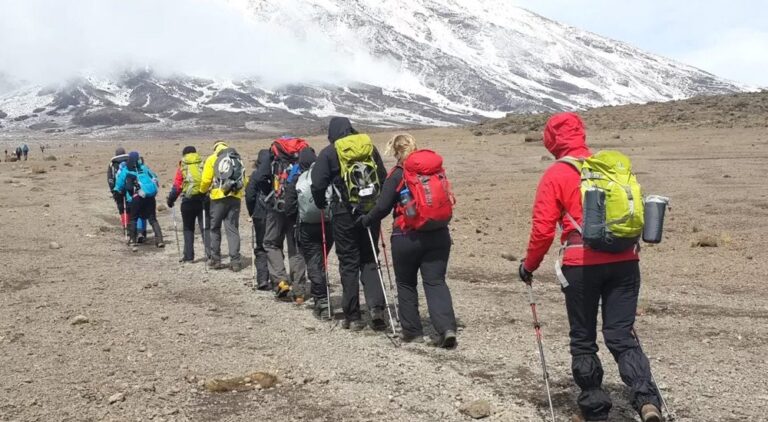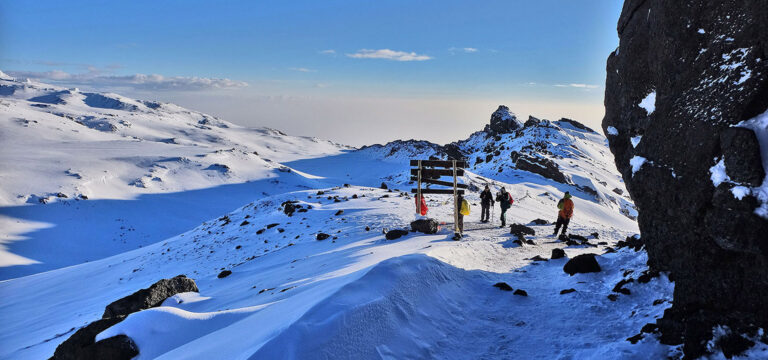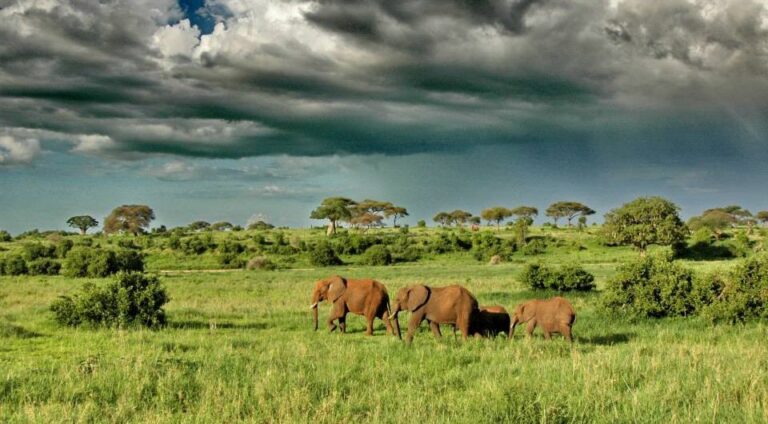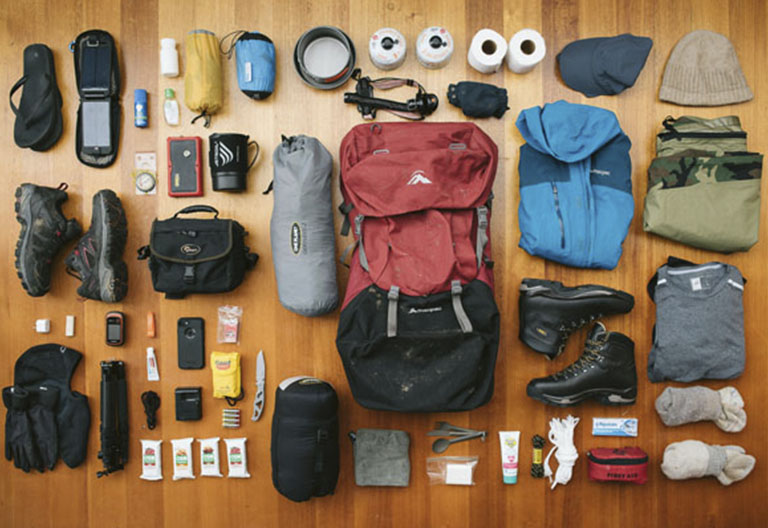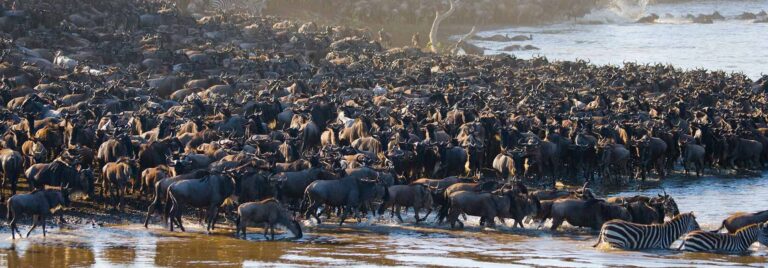👕 Clothing Essentials
👚 Lightweight Shirts (Neutral Colors)
Light, breathable long-sleeved shirts protect you from the sun and insects. Neutral colors like khaki, olive, and beige blend with nature and don’t attract insects like tsetse flies.
👖 Convertible Trousers
Zip-off pants are ideal for cool mornings and hot afternoons. You can switch from pants to shorts during the day as temperatures rise.
🧥 Light Jacket / Fleece
Early morning and late evening game drives can be chilly—even in hot seasons—especially in highland areas like Ngorongoro.
🧢 Wide-Brim Hat / Cap
Protects your face and neck from the strong equatorial sun. Hats with chin straps are great for open vehicles on windy drives.
👙 Swimwear
Some safari lodges and camps have swimming pools or are near beaches (especially if you’re combining your safari with Zanzibar).
🧦 Comfortable Socks
Good socks reduce friction and prevent blisters if you’re walking or on longer hikes like in Arusha or Tarangire.
👟 Closed Walking Shoes / Hiking Boots
You may walk during bush activities or when exploring cultural sites. Durable shoes protect your feet from thorns and stones.
🥿 Flip-flops / Sandals
Ideal for relaxing at your camp or lodge in the evening. Lightweight and easy to pack.
🕶️ Accessories
🕶️ Sunglasses
Choose polarized lenses to cut glare and protect your eyes from dust and sunlight.
🧴 Sunscreen (SPF 30+)
The African sun is intense, even on cloudy days. SPF 30 or higher is recommended, especially for sensitive areas like the nose, ears, and neck.
💦 Refillable Water Bottle / Hydration Pack
Staying hydrated is crucial on safari. Many lodges provide filtered water, so a refillable bottle is eco-friendly and practical.
🧻 Toiletries & Wet Wipes
Toiletries may be limited in remote camps. Wet wipes help freshen up between showers or during long game drives.
🚿 Quick-Dry Towel
Useful if you’re staying in basic camps or for spontaneous swims. Dries fast and packs small.
📸 Electronics & Gear
📷 Camera + Extra Batteries/Memory Cards
You’ll want to capture every moment. A DSLR or quality zoom lens is ideal for wildlife, but even phones work well in good lighting.
🔭 Binoculars
Essential for spotting animals at a distance, especially birds and elusive cats like leopards.
🔋 Power Bank / Solar Charger
Some lodges don’t have 24-hour power. A power bank ensures your phone or camera doesn’t die mid-safari.
🔌 Universal Travel Adapter
Tanzania uses UK-style plugs (Type D and G). A universal adapter ensures your devices can charge anywhere.
🩺 Health & Safety
💊 Personal Medications & First Aid Kit
Bring any prescriptions plus basics: pain relievers, motion sickness tablets, rehydration salts, plasters, and antihistamines.
🦟 Insect Repellent (with DEET)
Helps protect you from mosquitoes and tsetse flies, which can be bothersome in some parks like Tarangire or Selous.
😷 Face Mask & Hand Sanitizer
Some public areas still require masks. Hand sanitizer is handy before meals during long drives or in the bush.
📄 Travel Insurance & Vaccination Certificates
Travel insurance is essential. If arriving from a Yellow Fever risk zone (e.g., Kenya), proof of vaccination is required.
📁 Documents & Essentials
🛂 Passport (Valid 6+ Months)
Required for entry and border checks; make sure it’s valid beyond your travel dates.
🧾 Visa (Online or On Arrival)
Tanzania allows online applications or visa on arrival for many nationalities. Check current requirements before traveling.
🧳 Copy of Travel Itinerary & Booking Confirmations
Useful for immigration and safari operators in case of any confusion.
💳 Cash (USD & Tanzanian Shillings)
USD is widely accepted, especially for tips. Local currency is better for small purchases in towns.
📱 Phone + SIM Card or eSIM
A local SIM card (like Airtel or Tigo) offers affordable internet and calls. eSIM is a modern alternative if your phone supports it.
🐘 Optional but Helpful
🧣 Buff / Scarf
Protects your face and neck from dust during game drives, especially in dry seasons or on gravel roads.
📔 Notebook / Field Guide
Keep a safari journal or use a bird/wildlife guide to enhance your wildlife spotting.
🕯️ Headlamp / Flashlight
Camps can get very dark at night. A headlamp is essential if your accommodation runs on solar or limited power.
🎒 Daypack / Safari Bag
Carry essentials like sunscreen, camera, water, and snacks during game drives or nature walks.

